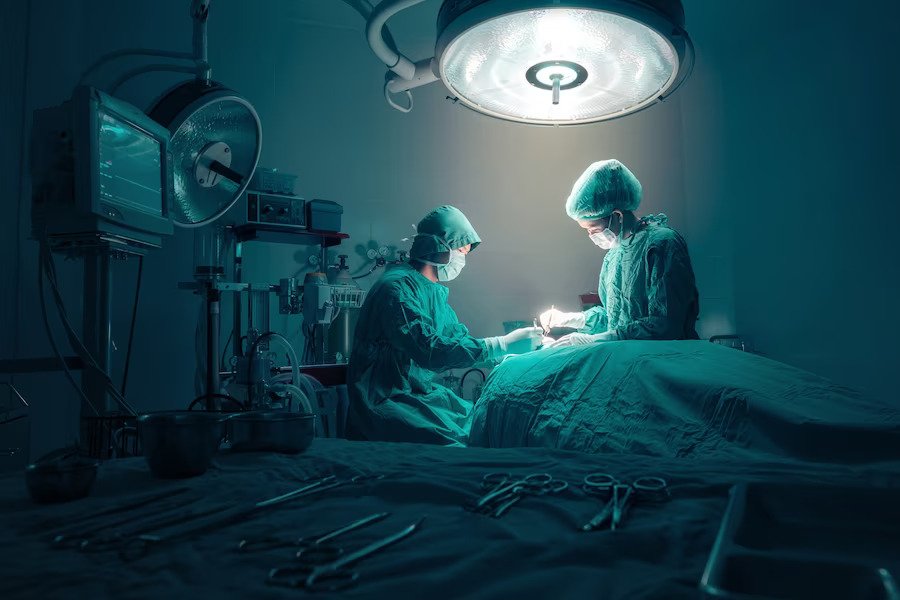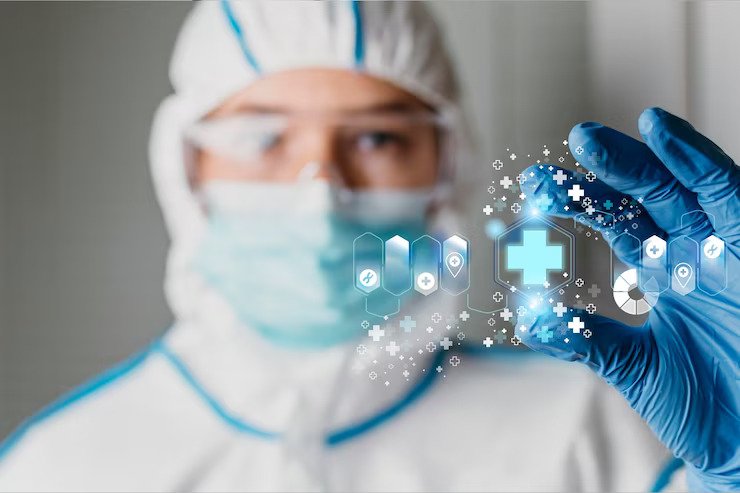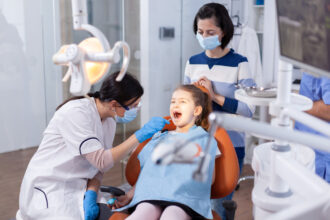Beyond the Stethoscope: The Hidden Lessons of Medical Work Experience
- 1 A Glimpse into the Real World of Medicine
- 1.1 Developing Clinical Skills
- 1.2 Nurturing Empathy and Bedside Manner
- 1.3 Teamwork and Communication
- 1.4 Ethical Considerations and Decision Making
- 1.5 Exposure to Different Specialties
- 1.6 Building Professional Networks
- 1.7 Enhancing Cultural Competence
- 1.8 Resilience and Coping with Challenges
- 1.9 Understanding the Healthcare System
- 1.10 Personal and Professional Growth
A profession in medicine is a calling that needs not only a thorough comprehension of medical concepts but also a sympathetic and caring attitude toward patients. Although medical school gives students the required theoretical grounding, it is the practical experience received via work placements and internships that really molds future healthcare professionals.
Medical job experience offers priceless hidden lessons that can develop a novice into a well-rounded practitioner outside the walls of the classroom and stethoscope. In this essay, we will examine the numerous aspects of medical work experience, emphasizing its value in promoting empathy, developing critical thinking, and giving a unique perspective on the complexities of healthcare.
A Glimpse into the Real World of Medicine
Being able to have a firsthand look at the real world of medicine is the first and most evident advantage of medical job experience. The altruistic qualities of saving lives and curing the ill are often romanticized by aspiring physicians and other healthcare workers. The reality of medical practice on a daily basis, however, are far more intricate. Through job experience, people are exposed to the struggles, successes, and moral conundrums that healthcare professionals deal with on a daily basis. They can have a realistic grasp of the duties and obligations related to a profession in medicine thanks to this experience.
Developing Clinical Skills
While lectures and textbooks lay the groundwork for medical knowledge, actual clinical practice is the greatest way to improve clinical abilities. The chance to watch and take part in various operations and tests while developing their abilities under the direction of seasoned experts is provided through medical work placements for students and interns.
Aspiring medical professionals may hone their clinical judgment, procedural skills, and decision-making abilities through these practical experiences, which range from doing physical examinations and recording patient histories to helping with operations and giving treatments.
Nurturing Empathy and Bedside Manner
One of the most important abilities that medical job experience instills is empathy, in addition to the technical components of medicine. To provide complete and patient-centered care, one must be able to relate to and comprehend patients on an emotional level. Interacting with a variety of patient groups, each with their own experiences wants, and worries, is possible during work placements. Aspiring healthcare workers learn to approach their work with compassion, patience, and understanding via encounters with patients’ resilience and fragility.
Teamwork and Communication
Teamwork and excellent communication are crucial in the medical industry. For coordinated treatment to be provided and successful patient outcomes to be ensured, collaboration with a multidisciplinary team of healthcare professionals, including physicians, nurses, chemists, and technicians, is essential.
Experience in the medical field offers an immersive setting where people may learn to negotiate difficult team dynamics, communicate clearly, and support interprofessional collaboration. As a result of this experience, aspiring medical professionals are better able to appreciate the importance of strong collaboration while providing all-encompassing treatment.
Ethical Considerations and Decision Making
The medical profession is rife with moral conundrums. People who work in the medical field are exposed to circumstances where they must make tough judgements, frequently in light of resource constraints, patient preferences, and legal issues.
Aspiring healthcare practitioners learn to negotiate the ethical challenges of medicine by seeing and taking part in these circumstances. They learn to strike a balance between the ideals of beneficence, autonomy, and justice, making sure that the needs of patients are always put first.
Exposure to Different Specialties
There are several specializations and subspecialties available in the large subject of medicine. Experience in the medical field gives people the chance to learn about and become exposed to a variety of specialties. Students and interns can experience the distinct difficulties, skill requirements, and benefits associated with each specialty by rotating among several areas. This experience not only enhances their knowledge of the healthcare system as a whole but also helps students make educated decisions regarding their future career path.
Building Professional Networks
Working in the medical field provides a platform for networking with other professionals. During placements and internships, prospective physicians and healthcare practitioners have the opportunity to network with seasoned healthcare professionals, mentors, and colleagues. These connections can prove instrumental in future career development, providing opportunities for mentorship, recommendations, and collaborations. The relationships formed during work experience can open doors to research opportunities, specialized training, and even job prospects.
Enhancing Cultural Competence
Healthcare providers need to be culturally competent to provide appropriate treatment for patients from various backgrounds in today’s varied and multicultural society. Working in medicine exposes you to patients from different racial, social, and cultural backgrounds. Aspiring healthcare workers can better understand and appreciate the influence of cultural aspects on healthcare delivery by interacting with varied patient groups. Their capacity to deliver culturally competent and patient-centered care is improved because it broadens their viewpoints, confronts their prejudices, and challenges them.
Resilience and Coping with Challenges
There are difficulties in the medical field. Individuals are exposed to the rigorous and high-pressure milieu of healthcare settings through medical job experience. It may be psychologically and emotionally taxing to see patients suffer, to deal with life-or-death circumstances, and to deal with the emotional burden of the job. However, these encounters also offer a chance for personal development and the fostering of resilience. People get the stress management skills, wholesome coping mechanisms, and mental toughness necessary to handle the demanding nature of a career in medicine through work placements.
Understanding the Healthcare System
A unique perspective on the inner workings of the healthcare system is provided by prior medical job experience for those seeking a career in healthcare. People may learn more about the organisational, logistical, and administrative elements of providing healthcare by seeing and taking part in the everyday activities of hospitals, clinics, and healthcare institutions. This knowledge is essential for navigating the system successfully, fighting for patients’ rights, and making improvements to future healthcare services.
Personal and Professional Growth
Medical work experience is a transforming journey of personal and professional growth as well as a means of obtaining clinical skills and medical information from the healthcare academy. Through exposure to the realities of healthcare, individuals develop self-awareness, adaptability, and a sense of responsibility towards patients and their communities. Work experience challenges individuals to push their limits, confront their weaknesses, and cultivate a lifelong commitment to learning and improvement.



















